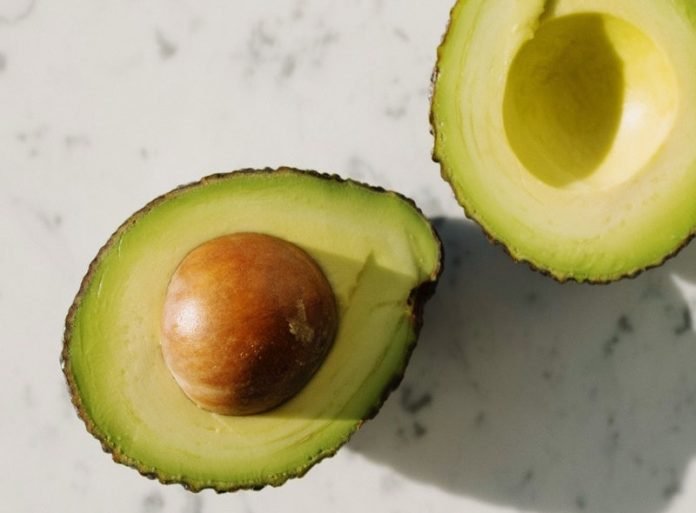
Avocados have become an increasingly popular food in recent years.
Avocados are a source of vitamins C, E, K, and B6, as well as riboflavin, niacin, folate, pantothenic acid, magnesium, and potassium.
They also provide lutein, beta carotene, and omega-3 fatty acids. Avocados contain high levels of healthy, beneficial fats, which can help a person feel fuller between meals.
This video talks about why avocado is one of the best fruits for people with diabetes.
Avocados are a great source of potassium. The mineral helps regulate nerve function and move nutrients into cells while taking away waste.
Potassium also works to combat high blood pressure, according to the American Heart Association.
Avocados are packed with monounsaturated fats. The fats can help lower LDL cholesterol without affecting the good HDL cholesterol.
Avocados are also high in fiber. Foods with more fiber tend to keep you satiated longer than low-fiber foods do, according to Mayo Clinic.
Avocados are also rich in folate, a B vitamin that is important for proper brain function and healthy pregnancies.
This is not professional advice, please seek out a professional if you need help for managing diabetes.
If you care about diabetes, please read studies about diabetes drug metformin that could reverse liver inflammation, and vegetables that could protect against kidney damage in diabetes.
Source: SugarMD (Shared via CC-BY)



